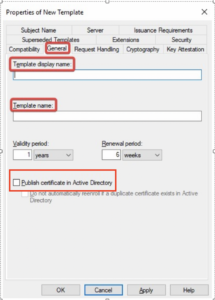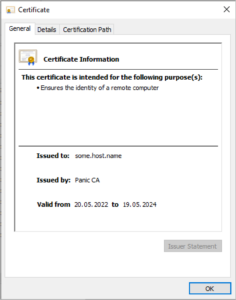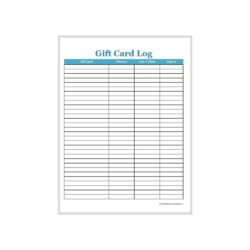Properly completed forms facilitate accurate tax reporting, protect sellers from audits, and maintain a clear record of tax-exempt transactions. This system ensures compliance with state and local tax laws, preventing penalties and interest charges for incorrect sales tax collection. By streamlining the exemption process, it fosters efficiency in business operations.
The following sections will explore the specific requirements for completing such forms, variations across different jurisdictions, best practices for managing these documents, and the legal implications of improper use.
Key Components of a Resale Certificate
Several essential elements ensure a resale certificate’s validity and effectiveness. These components provide the necessary information for sellers to validate the buyer’s exemption claim and maintain accurate tax records.
1: Purchaser’s Information: This section requires the legal business name, address, and contact information of the entity purchasing the goods for resale. Accuracy is critical for verification and future correspondence.
2: Seller’s Information: The seller’s business name and address are included to clearly identify the parties involved in the transaction.
3: Resale Certificate Number: This unique identifier, issued by the relevant tax authority, validates the purchaser’s eligibility for tax exemption. It should be clearly displayed and verified by the seller.
4: Description of Goods Being Purchased: A general description of the items being purchased for resale helps ensure the exemption applies. Specificity can be beneficial for accurate record-keeping.
5: Signature and Date: An authorized representative of the purchasing business must sign and date the certificate, confirming the information’s accuracy and the intent to resell the purchased goods.
6: Type of Business: Specifying the nature of the purchaser’s business can further clarify the resale claim, particularly in industries with specific tax regulations.
7: State of Issue: Clearly indicating the state that issued the resale certificate is crucial for interstate transactions and proper adherence to varying state tax laws.
Accurate and complete information on these elements allows for proper tax exemption and protects both buyers and sellers from potential legal and financial repercussions.
How to Create a Resale Certificate Request
Developing a standardized request form ensures efficient collection of necessary information from buyers claiming resale exemptions. A well-structured form minimizes confusion and facilitates accurate record-keeping.
1: Clearly State the Purpose: Begin by explicitly stating the form’s purpose to request a valid resale certificate. This clarifies the intent and guides the buyer.
2: Request Essential Business Information: Include fields for the buyer’s legal business name, physical address, mailing address (if different), phone number, and email address. This facilitates communication and verification.
3: Require Resale Certificate Number: Dedicate a field for the buyer’s resale certificate number. This unique identifier is crucial for validating the exemption claim.
4: Specify the State of Issue: Include a field for the state that issued the resale certificate. This is particularly important for interstate transactions and ensures compliance with relevant state laws.
5: Provide Space for a Signature and Date: Include designated spaces for an authorized representative of the purchasing business to sign and date the form. This affirms the information’s accuracy.
6: Consider Including a Description of Goods: Optionally, include space for the buyer to briefly describe the types of goods being purchased for resale. This adds context and supports accurate record-keeping.
7: Offer Clear Instructions: Provide concise instructions on how to complete the form and where to submit it. This simplifies the process and encourages timely submission.
8: Maintain a Professional Format: Employ a clear, professional layout. Use headings, subheadings, and concise language to facilitate readability and comprehension.
A comprehensive request form facilitates accurate record-keeping, streamlines the exemption process, and ensures compliance with tax regulations. This protects businesses from potential audits and penalties.
Accurate and efficient management of resale certificates is crucial for businesses involved in selling taxable goods. Standardized templates provide a framework for collecting necessary information from buyers, ensuring compliance with tax regulations, and mitigating potential liabilities. Understanding the key components of these certificates, as well as the process for creating a comprehensive request form, empowers businesses to navigate sales tax exemptions effectively. Properly executed procedures contribute to accurate tax reporting, streamline business operations, and foster positive relationships between buyers and sellers.
Implementing robust systems for handling resale certificates is an investment in long-term financial stability and legal compliance. As tax laws continue to evolve, maintaining updated knowledge and adapting internal processes will remain essential for businesses seeking to thrive in the marketplace. Diligence in this area safeguards against penalties, promotes transparency, and contributes to a fair and efficient tax system.


